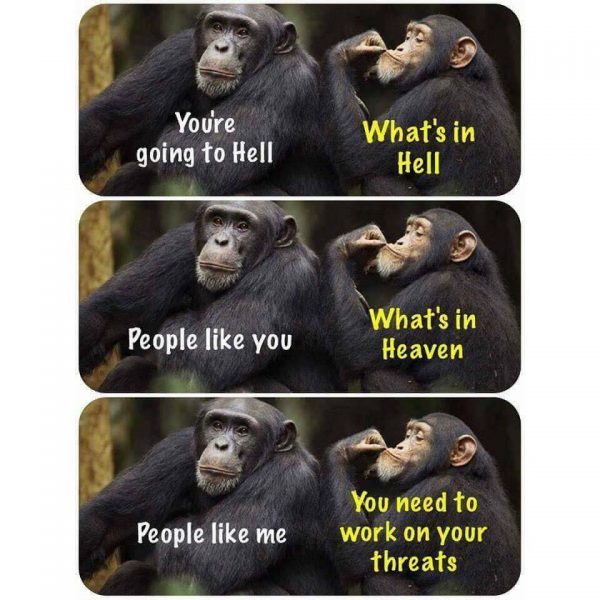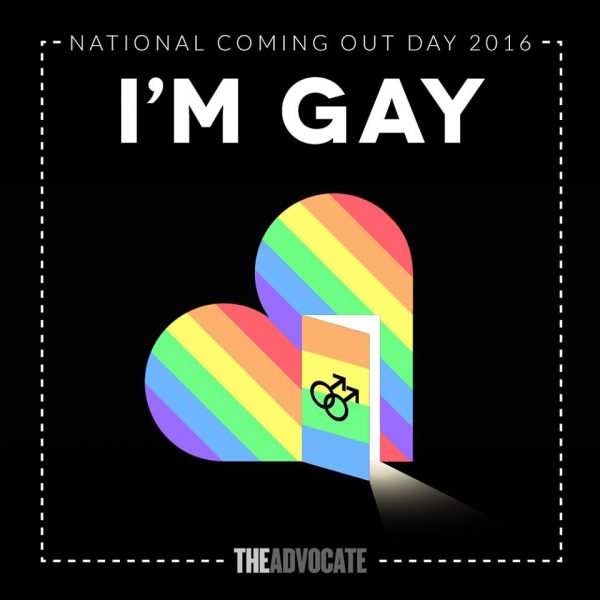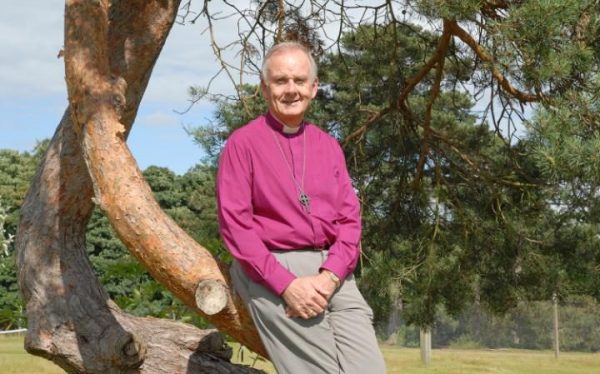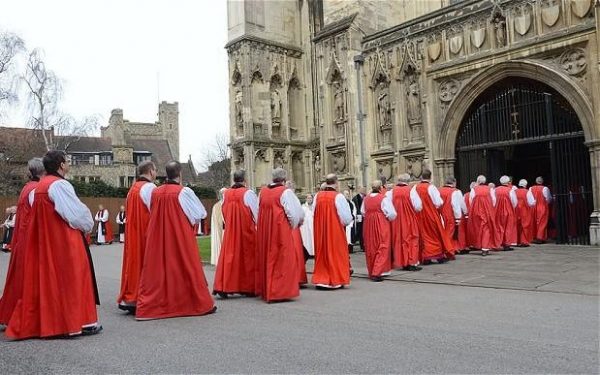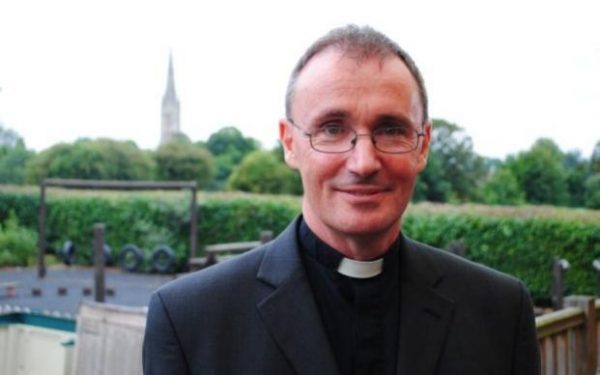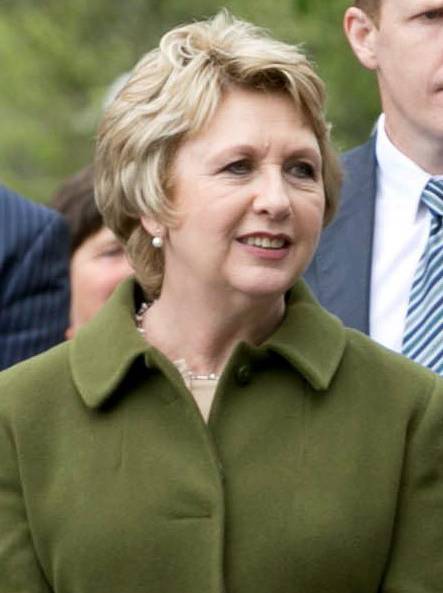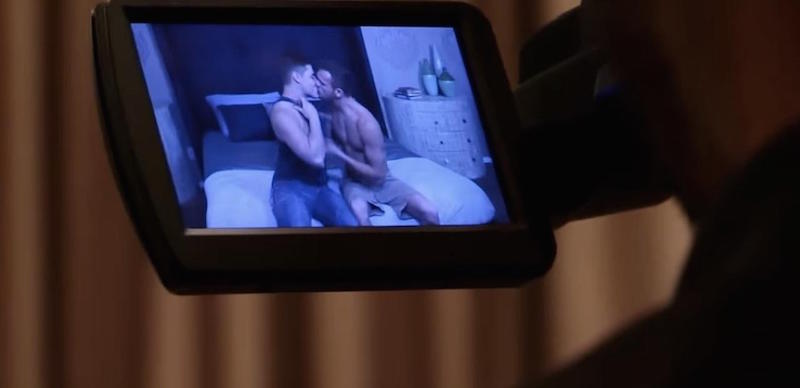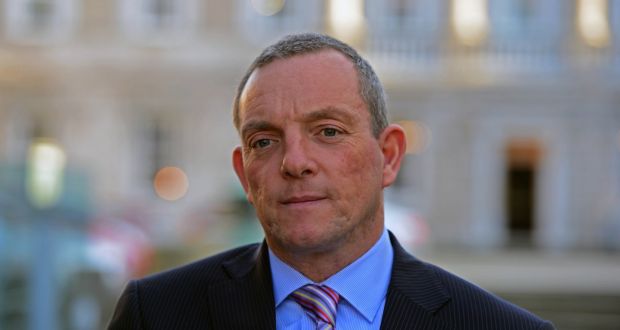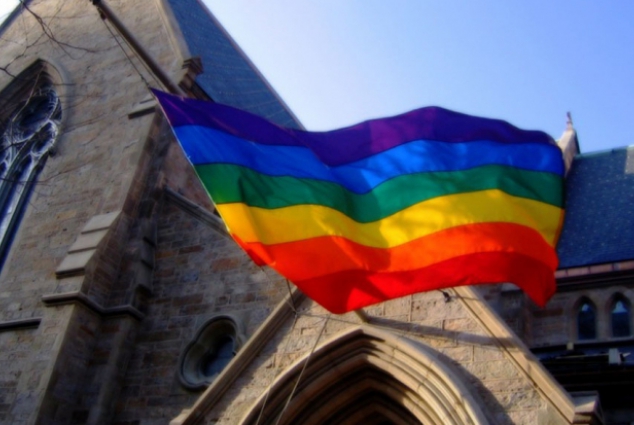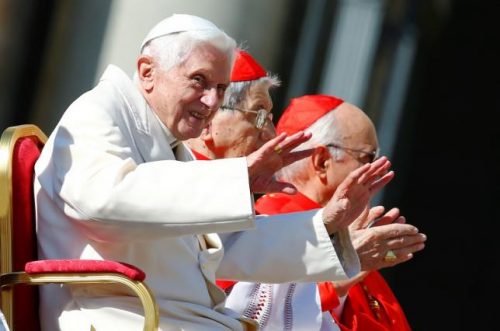by Tanzina Vega
Transgender rights. Same-sex marriage. Federal protections against discrimination.
In the wake of Donald Trump’s election, some of the hard won rights and protections that the LGBTQ community have gained in recent years are once again in the national spotlight.
President-elect Trump has appointed several members to top government posts that have supported so-called religious freedom laws and opposed same-sex marriage, leaving many in the LGBTQ community concerned that their civil rights hang in the balance.
“Rather than getting a respite we’ve got almost an overload of emotion because things are heating up,” said Joshua Lesser, a gay rabbi in Atlanta. Rabbi Lesser is one of three openly gay clergy members CNN interviewed who say they are not only worried about their own rights, but they’ve been busy counseling a number of parishioners about a wide range of issues since Trump was elected.
Trump received 81% of the vote among white, born-again/evangelical Christians and significant support from Mormons, white Catholics and Protestants, according to data from the Pew Research Center.
The deep support from evangelicals in particular means a Trump administration “will feel obligated to deliver a set of promises to them,” many of which will be based in conservative values, said Katherine Franke, a law professor at Columbia University and the director of the Center for Gender and Sexuality Law.
Related: Civil rights groups’ biggest fears about a President Trump
In November, Trump said that he was “fine” with the Supreme Court’s landmark 2015 decision allowing same-sex couples to marry. But still many fear that he will appoint a conservative Supreme Court justice who will want to overturn the ruling.
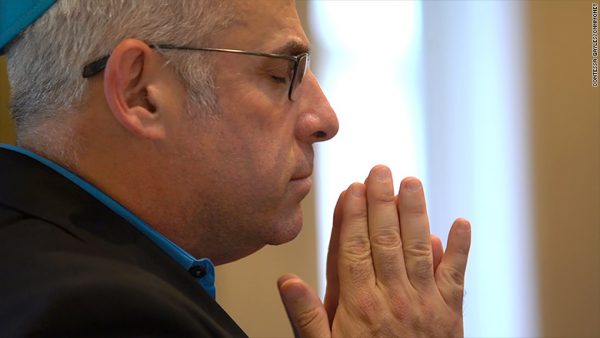
Trump’s spokespeople did not return a request for comment.
Rabbi Lesser said he and other gay couples he knows are considering moving up their wedding plans so they can be registered before Trump takes office in January. Lesser, who watched the election results with his partner, said he got tearful and “felt existential dread” when Trump was declared the winner. “It was the immediate sense that I’m not safe,” Lesser said.
That feeling of insecurity has hit the LGBTQ community in other ways, too, said Franke.
On the campaign trail, Trump pledged to sign the First Amendment Defense Act, a bill that allows any individual, organization or business that receives federal funding to eschew the federal protections aimed at preventing discrimination against same-sex couples and LGBTQ individuals.
For instance, a gay person who is turned away from a government funded homeless shelter will not be protected by non-discrimination laws. The consequences for such a bill could be severe, Franke said.
Trump’s vice presidential pick, Mike Pence, has further fueled fears. As governor of Indiana, Pence signed into a law a measure that could have allowed individuals or businesses to discriminate against LGBTQ customers in the name of “religious freedom.” After activists, corporations and other organizations — including the Indianapolis-based NCAA — threatened to boycott the state, Pence amended the law and prohibited such discrimination.
Trump has said he also plans to repeal President Obama’s executive orders, one of which prohibits federal contractors from discriminating against LGBT workers.
Fred Daley, a gay priest in Syracuse, New York, said he was also concerned about Trump overturning Deferred Action for Childhood Arrivals, or DACA, an executive order that allows undocumented immigrants who arrived in the U.S. as children apply for work permits, driver’s licenses and without the fear of being deported for at least two years.
“We are a pretty open, progressive parish,” Daley said. “There’s a coalescing of people who are concerned with these issues saying – we just can’t sit back idly now, we have to do something.”
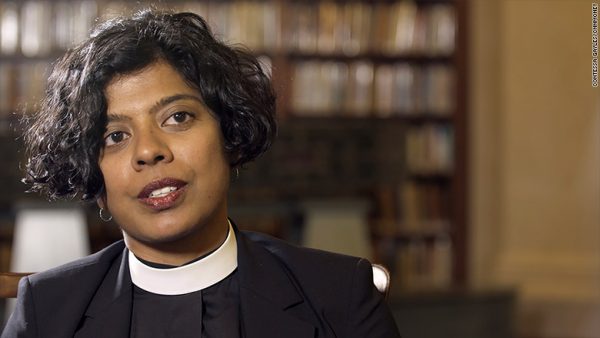
Physical safety is another big concern. In the weeks since Trump’s election, hundreds of hate crimes have been reported, several of them against members of the LGBT community. As a result, Lesser said he was considering increasing security for his congregation.
Winnie Varghese, a queer Episcopal priest in New York City said she knew of two Episcopal churches that had been spray painted with swastikas after the election. Varghese said that while many of the people in her congregation share a wide range of political views, “most people I meet in church are sympathetic to people in need.”
One of the first people to come to Varghese for guidance after the election is a refugee who is applying for political asylum in the U.S. and is terrified about whether or not she and her children will be able to stay in the country. (Varghese did not say which country in order to protect the woman.)
“We are on the side of the most vulnerable at all times,” Varghese said. “In this scenario, the most vulnerable are more vulnerable.”
Complete Article HERE!

